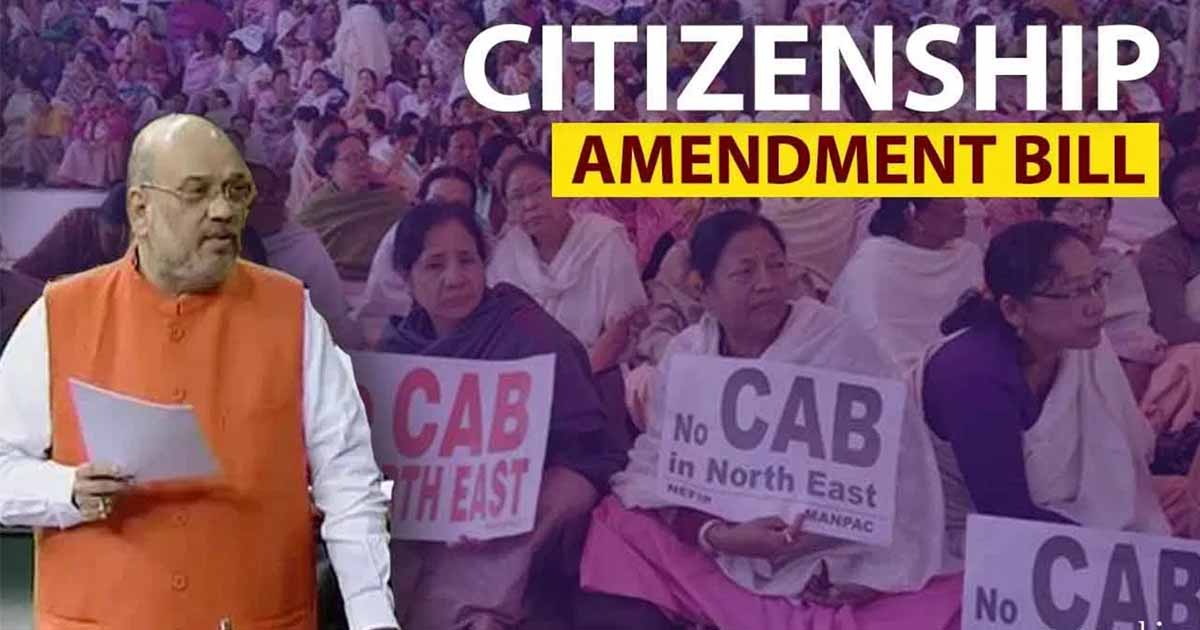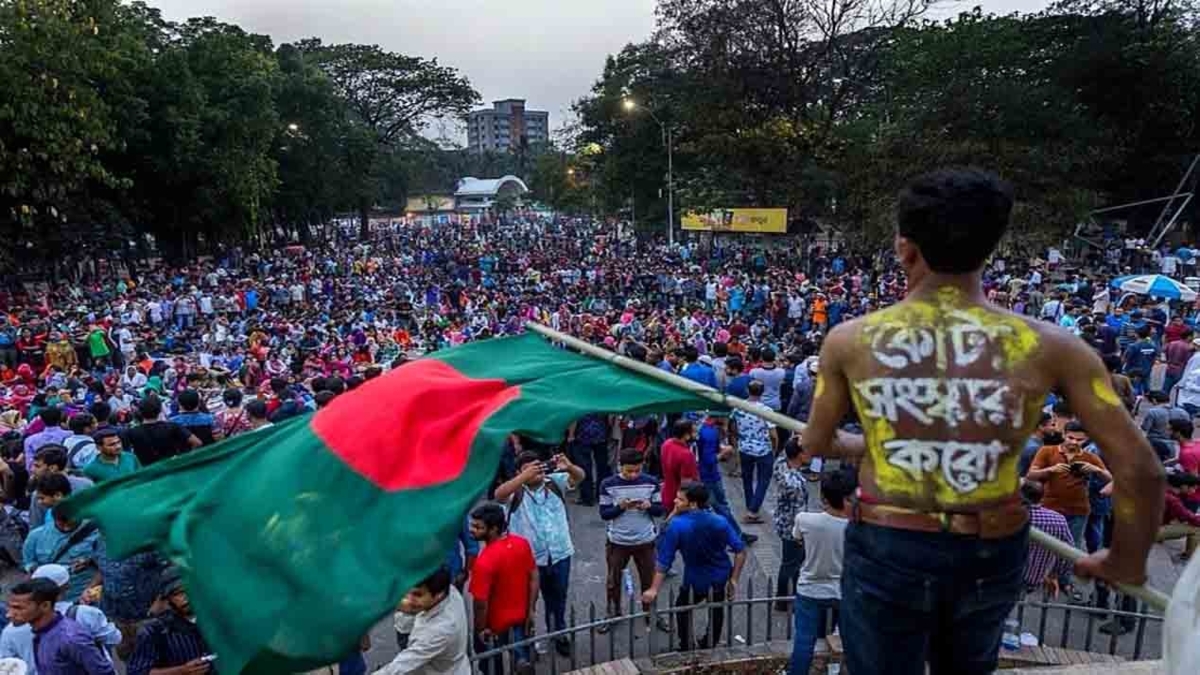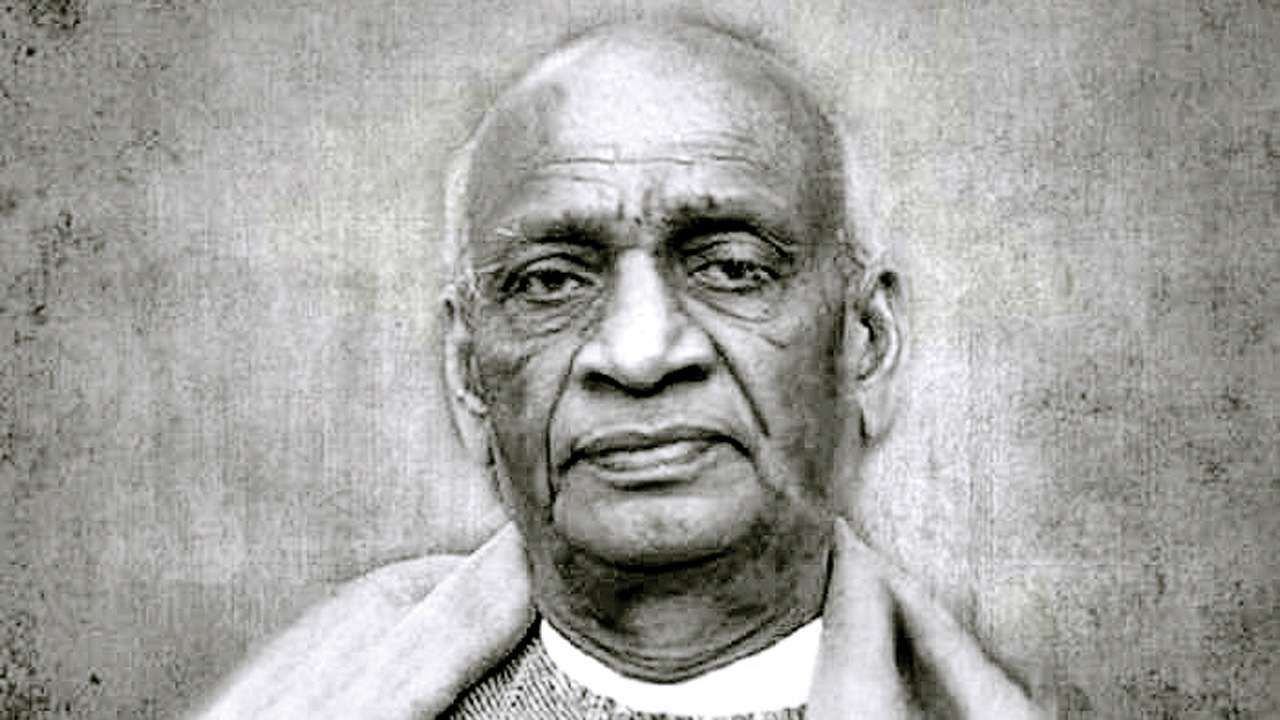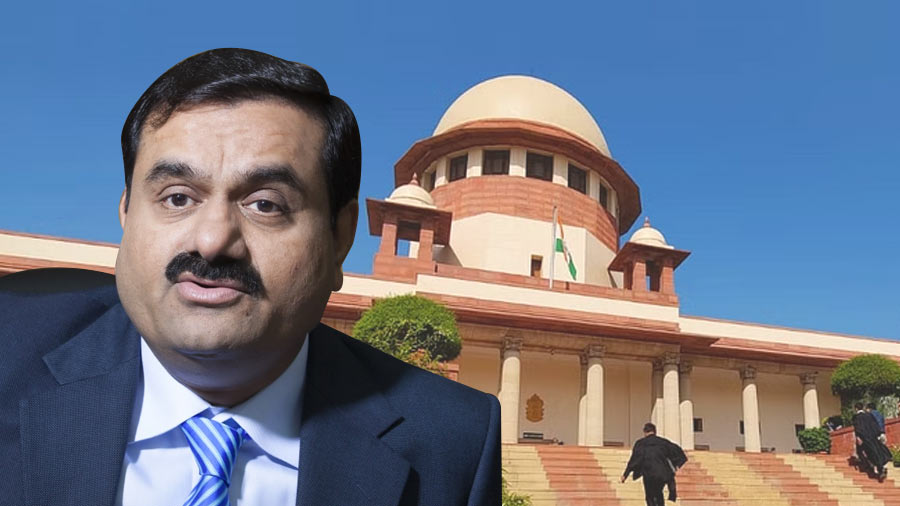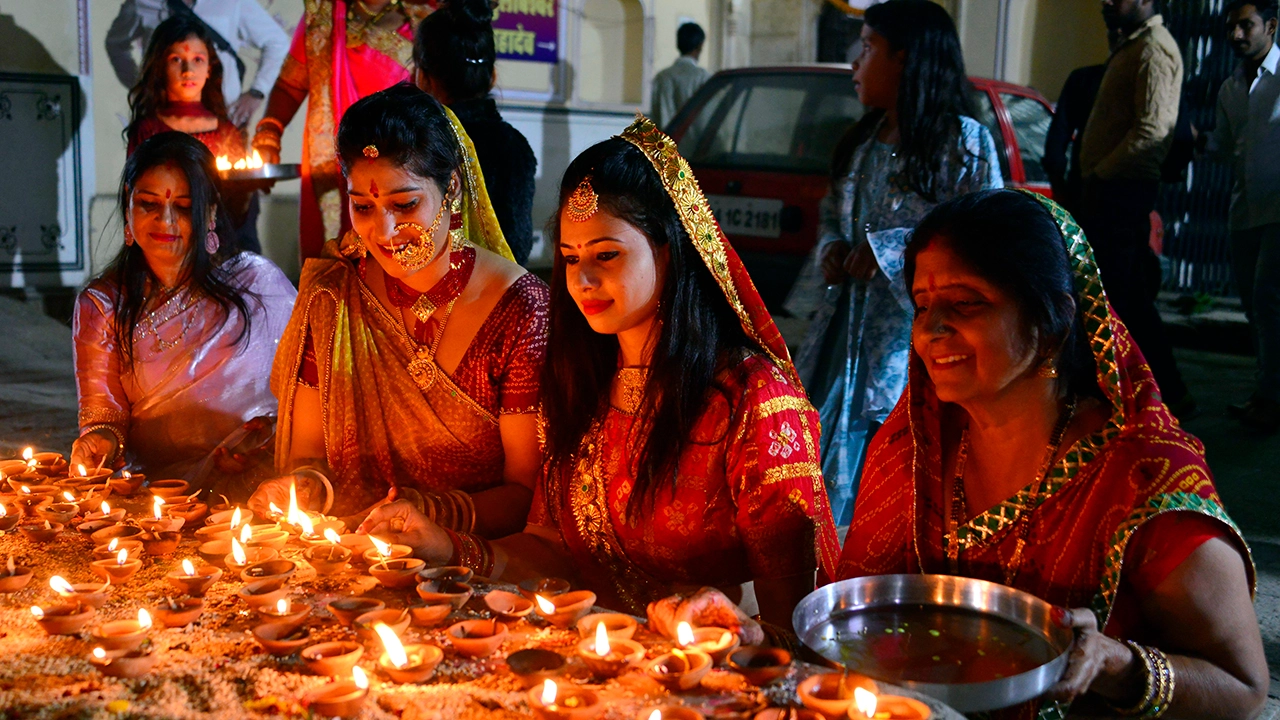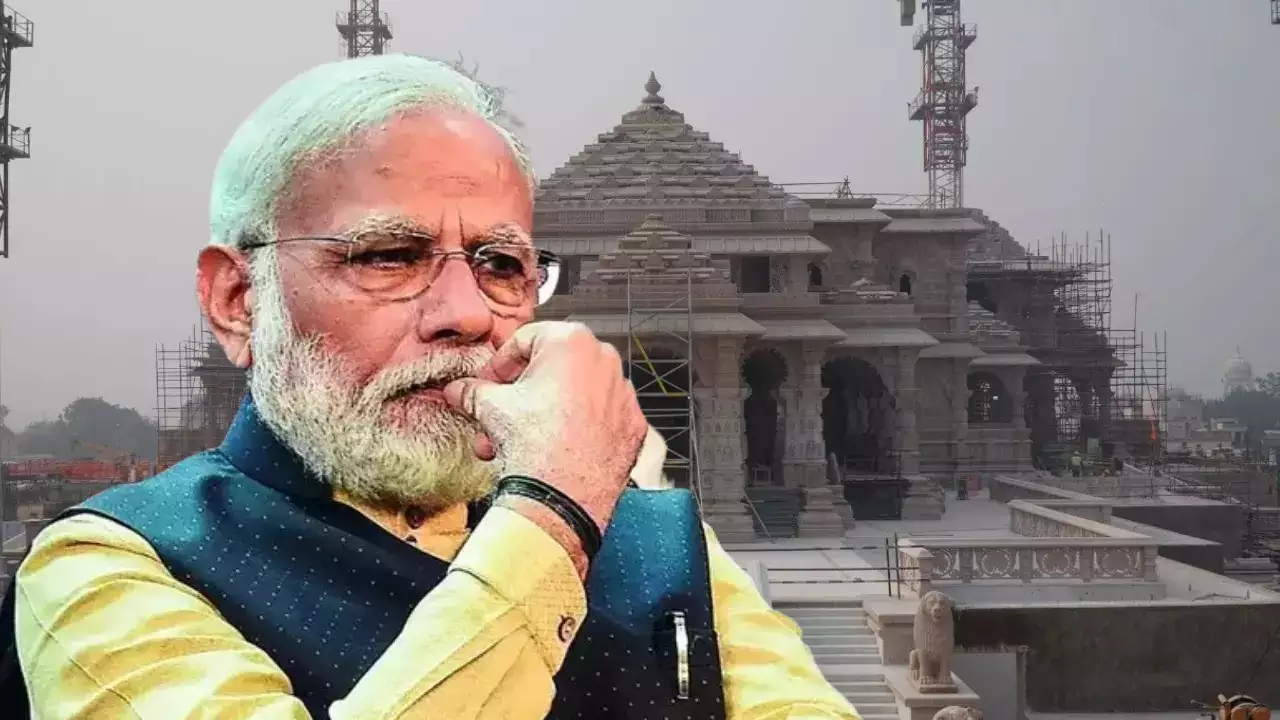The Citizenship Amendment Act 2019 (CAA) guidelines would be announced before the April–May Lok Sabha elections, according to a senior Home Ministry official who recently revealed this information. The Citizenship Act of 1955 was amended in December 2019 with the particular goal of assisting non-Muslim migrants from Afghanistan, Bangladesh, and Pakistan in obtaining Indian citizenship.
Elaborating on the provisions of the CAA
With the passage of the CAA, immigrants who are members of certain religious groups—Hindus, Sikhs, Jains, Buddhists, Parsis, and Christians—and who arrived in India prior to December 31, 2014, will have their application for citizenship processed more quickly. It is noteworthy that Muslims are noticeably left out of this provision. In addition, the bill expedites the residency requirement from 11 years to five years for refugees wishing to apply for Indian citizenship.
Public outcry and delays in implementation
Even though the CAA was passed in 2019, there have been a lot of delays in its implementation. The Home Ministry has been asking legislative committees to postpone the creation of the required regulations, a procedure that should have been finished six months after the president’s approval.
Public outrage has not decreased despite the protracted postponement, with large-scale protests taking place all around the nation. The well-known, months-long sit-in at Shaheen Bagh serves as a representation of the widespread opposition to the CAA. Since the Act was passed in December 2019, the Supreme Court has been deluged with more than 200 petitions contesting its provisions.
Regional Concerns and Diverse Opposition
Concerns have been raised in Assam about the possible flood of immigrants and how that would affect the state’s population, culture, and language. It is imperative to acknowledge that the CAA does not encompass the tribal regions or other northeastern states that are protected by ‘The Inner Line.” Protests in Bengal and Delhi, meanwhile, have centred on the Muslim community’s exclusion from the CAA’s jurisdiction.
Vocal opponents and opposition parties have branded the CAA as discriminatory, claiming that by excluding Muslims—the majority minority group in India—it goes against the core principles of the Constitution. The charges against the BJP administration of using the CAA to divide voters have intensified in light of reports suggesting that the regulations were enforced shortly before elections.
Government’s Defence and Electoral Significance
The Narendra Modi administration angrily refutes the claims that the CAA is discriminatory. In addition to being included in the BJP’s 2014 election agenda, the government claims that the CAA played a significant role in the 2019 Lok Sabha elections. The BJP has always made the law a central theme in its campaigns, especially in West Bengal, where the party believes the CAA is the main reason for its ascent.
As seen by Home Minister Amit Shah’s reaffirmed assurance at a BJP meeting in Kolkata, the BJP is still fully committed to the CAA. But this pledge has strained relations with Bengal Chief Minister Mamata Banerjee, who has been adamantly against the Act. The sole petitioner in favour of the CAA and counsel before the Supreme Court, Ashwini Kumar Upadhyay, emphasises the historical background by mentioning the suffering of Bengali Hindus who left East Pakistan in the 1960s to avoid religious persecution. He attacks the existing opposition, particularly the Trinamool Congress (TMC), for continuing to oppose the BJP government’s attempts to grant persecuted communities long-desired citizenship.
Government statistics and regional disparities
Upon registration or naturalisation under the Citizenship Act of 1955, 1,414 foreign nationals from minority communities in Pakistan, Bangladesh, and Afghanistan were awarded Indian citizenship, according to a review of the Home Ministry’s annual report for 2021–2022. Interestingly, the power to award citizenship to foreign nationals from the six designated communities has been given to district magistrates from 29 districts and home secretaries from nine states: Gujarat, Rajasthan, Chhattisgarh, Haryana, Punjab, Madhya Pradesh, Uttar Pradesh, Delhi, and Maharashtra. It is noteworthy, though, that officials in Assam and Bengal, where the CAA is still a contentious political issue, have not yet been given the same level of responsibility.
Concerns Regarding CAA-NRC Synergy and Counterarguments
A significant issue surrounding the CAA is how it would interact with the projected All India National Register of Citizens (NRC), which might deny many Muslims living in India the right to vote. To allay these fears, Upadhyay argues that it is crucial to refute the idea that the CAA is anti-Muslim and undermines the secular nature of the Constitution. He makes it clear that the CAA is intended to provide citizenship to individuals who qualify rather than to revoke anyone’s citizenship.
The need for dialogue and information dissemination
The CAA is still a divisive topic, with many worries about how it would affect India’s election processes and societal cohesion as its implementation draws near. In the lead-up to national polls, it is critical to address these concerns through candid discussion and the broad distribution of factual information about the CAA in order to avoid further polarisation. In order to build a more informed and inclusive democratic debate, it is imperative that the government have candid conversations and educate the public on the nuances of the CAA while navigating these complications.
